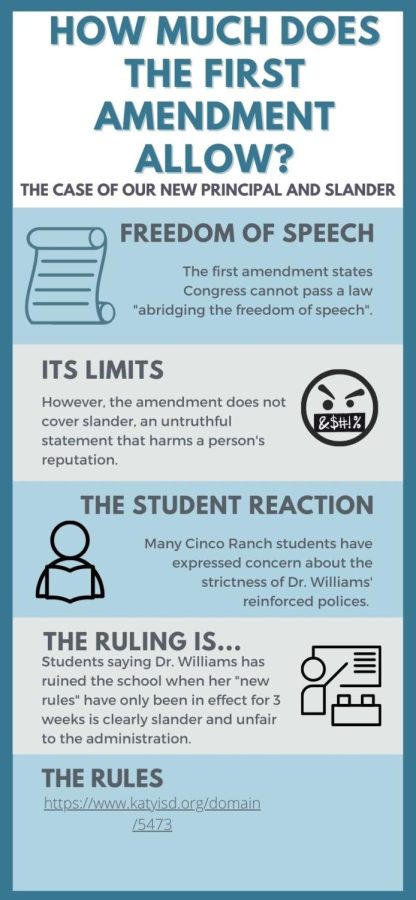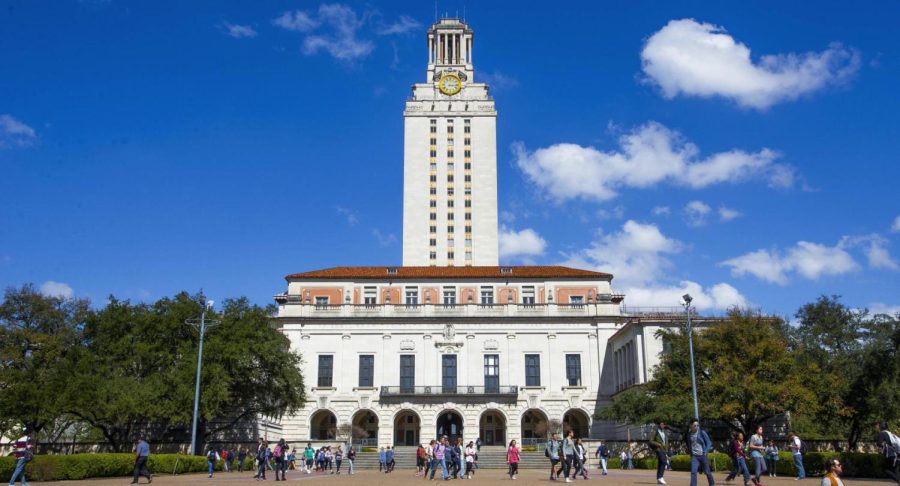As matters such as the presidential election, violence corrupting third world countries and strings of heroism continue to be the main points emphasized in the media, many people begin to form opinions on such issues. However, these viewpoints may be distorted, and influenced heavily by the majority.
This theoretical bandwagon, usually created on social media websites such as Facebook and Twitter, provides vast opportunity to spread the word and create change. Despite these positive effects, many people create judgment when it comes to these matters with limited knowledge or background.
From the uprisings in the Middle East and London, to sex trafficking in Uganda, anyone can tap into worldwide issues, thus leading the way for a generation of doers and innovators. Online and televised news sources, along with social media allow for constant update and knowledge on breaking news or developing stories. With a click of the ‘share’ or ‘like’ button on Facebook, or a retweet on Twitter, these stories, videos, and articles can become viral and find their ways into the homes of nearly everyone who has access to the web. Compared to the sometimes fairly neutral news we see on television, social media allows one to voice their opinion, and persuade others to join their side.
Recent movements, such as the Kony 2012 campaign and the Wall Street protests are examples of the advancement social media plays in our society. These ideas once started out as a simple status or tweet, yet quickly developed into top stories in the news world, as more and more people began to take part in these uprisings, which took a stance against powerful figures in the world. Teenagers begin to feel as if they are a part of things, as they now have the opportunity spread the word and rally in their friends.
Despite the prospects of changing the world, will these viral movements actually lead to progression? Newsfeed’s across the country blew up with the word of Kony, as post after post urged people to take action. Spreading the word, which is the main message of the campaign to stop Ugandan rebel Joseph Kony, has proved to be the only achievement made. The Wall Street protests have advanced for several months, yet progress has barely been gradual. Rather than encouraging citizens to believe in the image of an American equal for all, the government treats the protestors with austerity and impertinence.
People are still oppressed, jobs are still lost, yet many continue protesting, believing their country will improve.
Perhaps this will to continue, and the belief that we do have the power to change the world overrides the circumstances of people unknowingly jumping onto the latest trend of social activism. The message gets across, seeping into every aspect of our day-to-day lives. Quickly, people become more knowledgeable of such raging social issues, and develop their own opinion, though, which leads to change. Once an individual’s own voice is formed, the rest falls into place. The world will begin to see a revolution.

![Tips for Studying Finals [INFOGRAPHIC]](https://crhscountyline.com/wp-content/uploads/2022/12/Studying-for-Finals-900x506.jpg)




